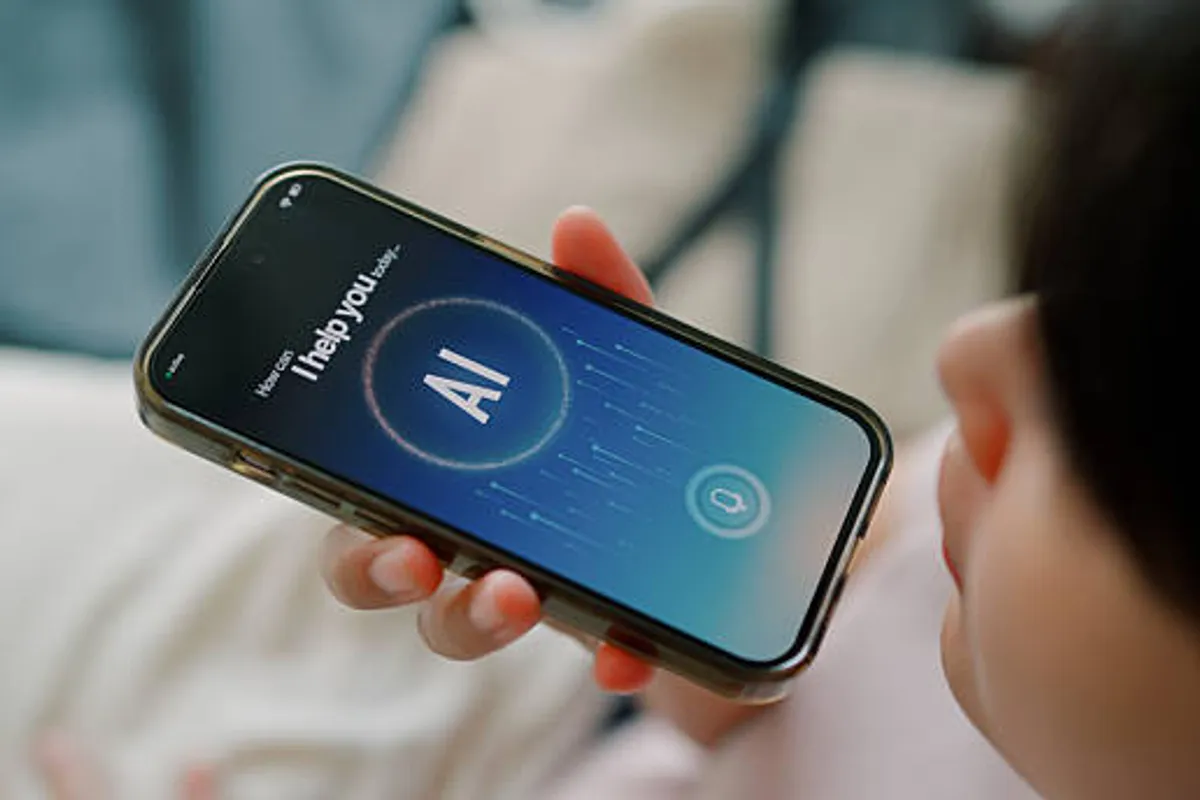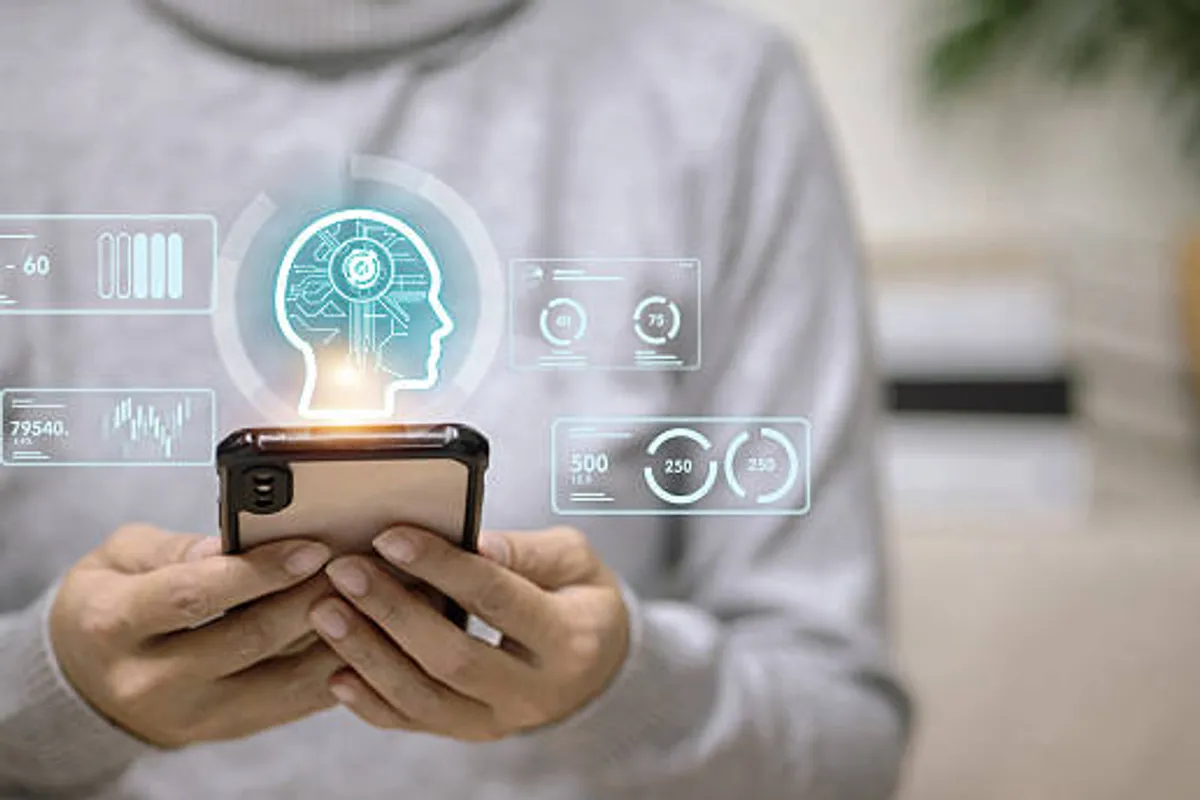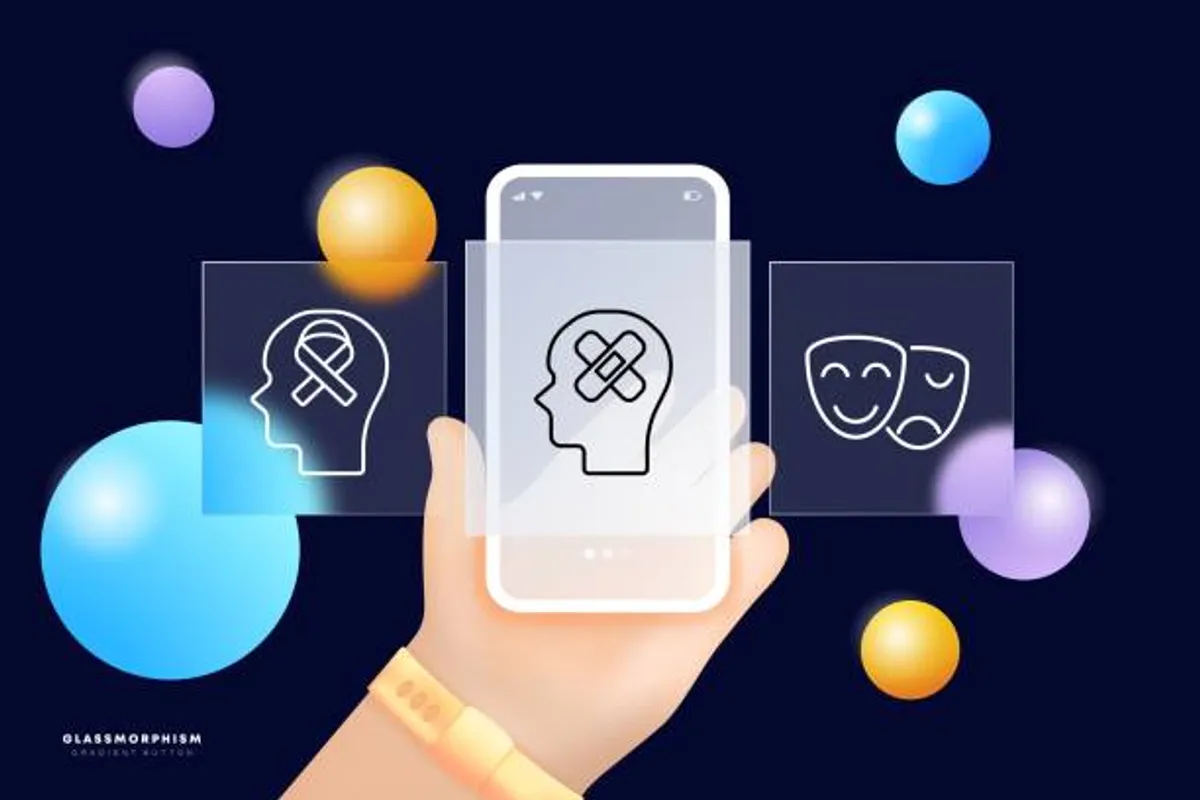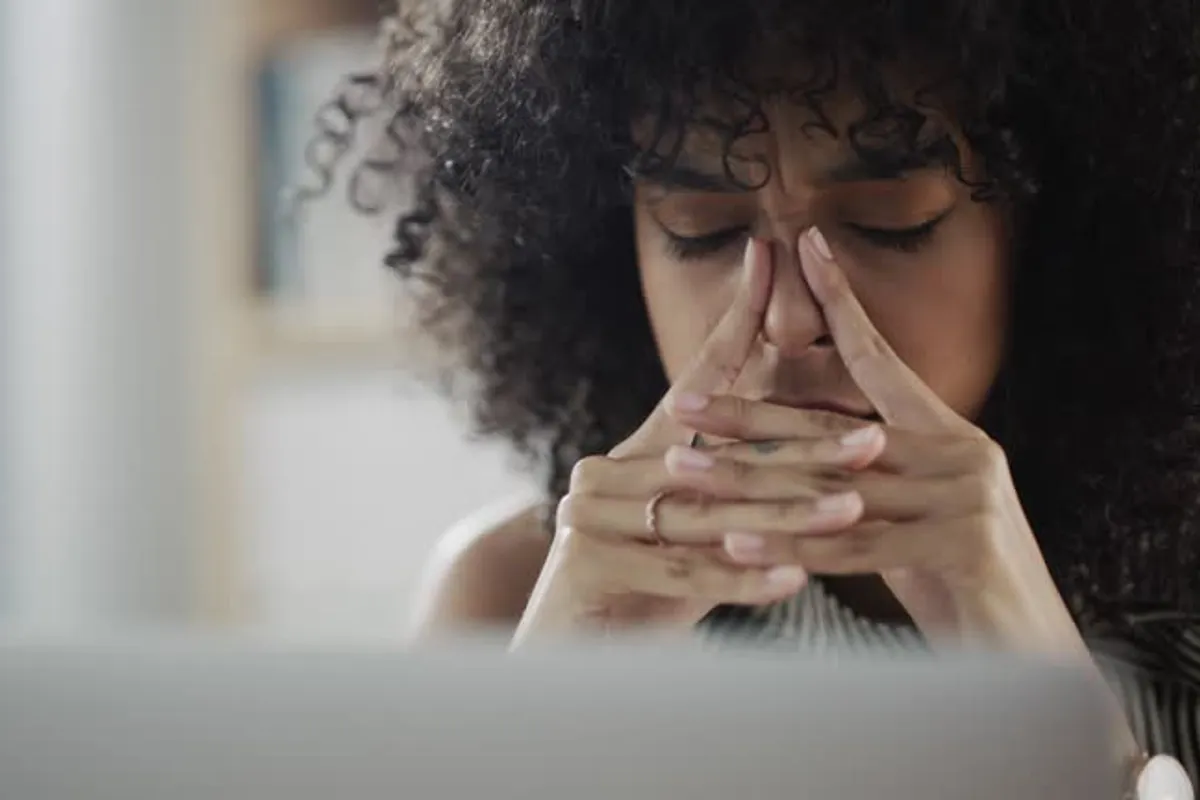Digital Burnout in 2025: How to Protect Your Mental Health Online

GeokHub

In 2025, most of us spend over 8–10 hours daily on screens — from remote work to endless scrolling on social media. This constant connectivity is taking a toll on mental health. Digital burnout is the emotional and physical exhaustion caused by too much screen time and online interaction.
Symptoms include:
- Constant fatigue despite rest
- Feeling stressed or anxious after using devices
- Difficulty focusing offline
- Irritability when disconnected
Left unmanaged, digital burnout can lead to chronic stress, anxiety, and even depression.
Why Digital Burnout Matters in 2025
- Remote Work Pressure: Always-on culture blurs work-life balance.
- AI & Notifications: Smart apps send endless alerts, demanding attention.
- Social Media Overload: Comparing lives online fuels anxiety and low self-esteem.
- Sleep Disruption: Blue light exposure and late-night scrolling affect rest.
According to recent studies, over 60% of adults report stress linked to excessive technology use — making it one of today’s biggest mental health challenges.
How to Protect Your Mental Health Online
Here are practical steps you can apply today to fight digital burnout:
1. Set Screen-Time Boundaries
- Use tools like iOS Screen Time or Android Digital Wellbeing.
- Block distracting apps after a certain time of day.
- Follow the 20-20-20 rule: every 20 minutes, look at something 20 feet away for 20 seconds.
2. Build Tech-Free Zones
- No phones during meals or before bed.
- Keep devices outside the bedroom for better sleep.
- Use a real alarm clock instead of your phone.
3. Practice Digital Detox Days
- Pick one day a week to stay offline.
- Replace scrolling with reading, journaling, or outdoor walks.
- Let friends and colleagues know about your boundaries.
4. Prioritize Mindful Tech Use
- Follow accounts that inspire, not drain.
- Turn off unnecessary notifications.
- Use apps like Headspace or Calm for guided digital wellness.
Mental Health Benefits of Managing Screen Time
When you cut back on online overload, you gain:
- Better focus at work and school
- Improved sleep quality
- Lower stress and anxiety levels
- More meaningful offline connections
- Increased productivity
Final Thoughts
Digital burnout is a modern challenge — but it’s not impossible to manage. By setting boundaries, practicing mindful tech use, and taking regular breaks, you can protect your mental health online in 2025.
A healthy relationship with technology means you’re using it as a tool, not letting it control you.








